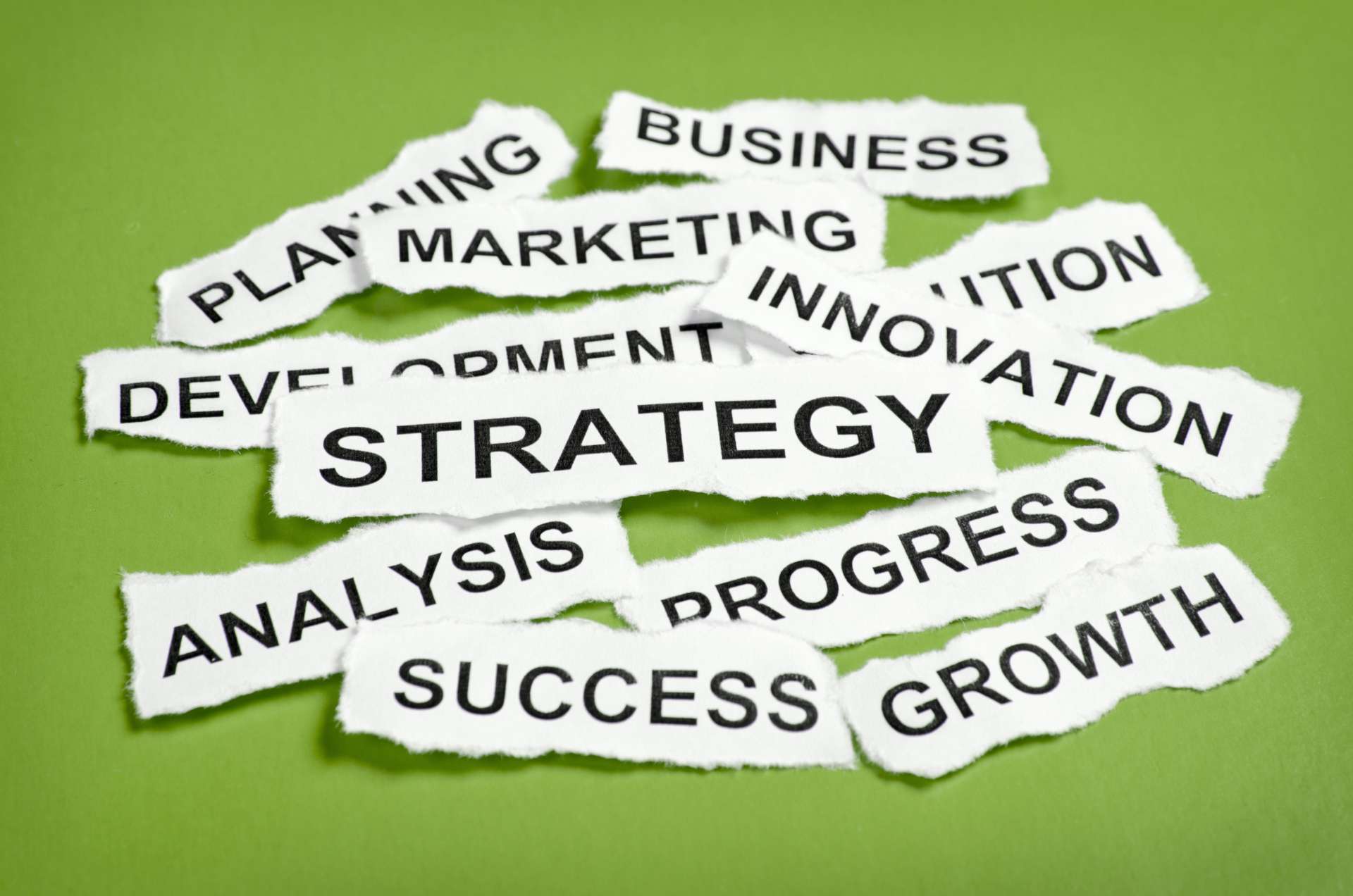How should an effective appraisal be conducted? How do you deliver a challenging message? And how do you ensure the employee leaves feeling energised?
Appraisals, also referred to as Performance Reviews, are an essential part of the people processes a well functioning business should have. Employee Engagement surveys often cite the most important factor in engaging people, is how well they feel they know where they stand, and how well they are doing. Interestingly research shows that they would prefer to know they are under-performing, rather than not know at all how they are performing!
Appraisals should be conducted a minimum of once a year. This is not to say this is the only time a line manager and direct report should sit down to discuss performance; monthly 121’s for an hour can provide that regular check in, and the annual appraisal brings them all together in summary.
Preparation is key, and both sides should be preparing for the appraisal meeting. A tool such as a behavioural framework, outlining the required behaviours in different aspects of the role, can help both parties objectively assess performance. Ideally a review should include both hard targets and softer measures such as behaviour. It is not only just the result that is important, but how the result has been achieved is what is important.
Probably the most difficult appraisals to hold are those where performance has not been good over the year, although this should never be new news if you have been holding your monthly 121’s! Despite this though, it is a natural human instinct to not enjoy and perhaps avoid delivering a negative message. So what is the best way to do it? Well, if you have an objective measurement system in place such as a behavioural framework, employees should be able to assess themselves and tell you where they have fallen short. This is one way; alternatively, by using positive language such as “to be better at this next year, I would like to see more of X, Y and Z” as opposed to saying what they haven’t done.
Finally, always try and focus on the strengths of individuals as opposed to their weaknesses; and look for ways they could play more to their strengths in the coming year. This is the best way to ensure that they find the whole experience energising.
An interesting study was conducted in 2002 by the Centre of Creative Leadership where they looked at the impact of 90,000 performance reviews around the world; where the line manager focused on strengths, performance of that employee increased on average 36%, conversely where they focused on weakness, performance declined on average 27%!
If you would like to know more about how to develop your staff, click here to download the FREE eBook ‘Top Tips on How To Get The Most Out of Your Staff’.

